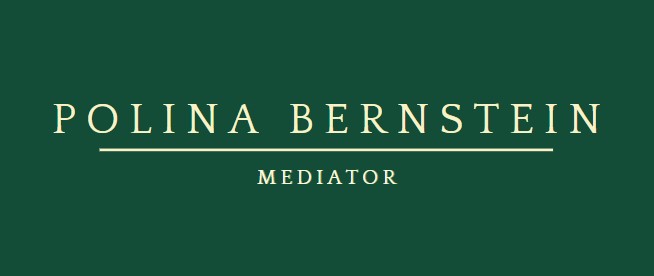On May 22, 2023, the California Supreme Court, in People ex. Rel. Lilia Garcia-Brower v. Kolla’s, Inc. clarified the circumstances pursuant to which employees are entitled to anti-retaliation protections under Labor Code Section 1102.5(b) and underscored that Section 1102.5(b) “reflected the broad public policy interest in encouraging workplace whistle-blowers to report unlawful acts without fearing retribution.”
In Kolla’s, an employee of Kolla’s nightclub complained to the owner of the club that she was owed unpaid wages. In response, her employer fired her, in addition to taking other adverse actions. The employee filed a claim of retaliation with the California Labor Commissioner. After Kolla’s rejected the Labor Commissioner’s proposed resolution, the Labor Commissioner initiated a lawsuit for Labor Code violations, including for violation of Labor Code Section 1102.5(b). After Kolla’s failed to appear, the Labor Commissioner sought a default judgment. The trial court determined that the Labor Commissioner failed to state a cause of action under Section 1102.5(b) because the employee reported her complaints to her employer rather than to a government agency.
The Labor Commissioner appealed, and the Court of Appeal held that the trial court relied on an outdated version of Section 1102.5(b), which had previously limited anti-retaliation protections to employee complaints made only to government agencies. However, the Court of Appeal affirmed the trial court’s judgment on the Section 1102.5 claim by concluding that a private employee’s report of an unlawful activity directly to their employer was not a protected disclosure because to be entitled to anti-retaliation protections, the term “disclose” required an employee to reveal “something new, or at least believed by the discloser to be new, to the person or agency to whom the disclosure is made.” The Court of Appeal determined that the nightclub owner “was at least aware of—if not responsible for—the non-payment of wages,” and that an employee’s report of the supervisor’s own wrongdoing was not a protected disclosure because the employer already knew about their own wrongdoing
.
The California Supreme Court granted review and in a unanimous opinion reversed the Court of Appeal by holding that a protected disclosure under Section 1102.5(b) encompasses reports or complaints of unlawful activities made to an employer or government agency even if the person to whom the disclosure has been made already knows of the violation. In reaching its decision, the Court emphasized that “[w]hen construing provisions of the Labor Code time and again, we have characterized that purpose as the protection of employees—particularly given the extent of legislative concern about working conditions, wages, and hours when the Legislature enacted key portions of the Labor Code. We therefore liberally construe the Labor Code to favor the protection of employees.” (Citations omitted).
The Court determined that a broader view of the term “disclose” that encompassed violations already known to the employer would make employees “reasonably feel more willing to approach an employer about workplace safety hazards, unpaid wages, or overtime violations knowing that his or her coworkers were also disclosing the same unlawful activity. An employer may also be more likely to ameliorate violations, and less able to sweep them under the rug, when multiple employees have disclosed the same wrongdoing.”
In addressing the argument that a broader reading of the term “disclose” would unreasonably expand Section 1102.5 to “convert everyday workplace disputes into whistleblower cases,” the Supreme Court reasoned that Section 1102.5(b) was limited to disclosures that employees had an objectively reasonable cause to believe amounted to a violation of law and “excluded from whistleblower protection disclosures that involve only disagreements over discretionary decisions, policy choices, interpersonal dynamics, or other nonactionable issues.” In addition, employers accused of retaliation could rebut the allegation pursuant to Labor Code Section 1102.6 by “demonstrating by clear and convincing evidence that the alleged retaliatory action would have occurred for legitimate, independent reasons even if the employee had not engaged in activities protected by Section 1102.5.”
The Kolla’s decision ensures that given the broad employee protections encompassed by Labor Code Section 1102.5, combined with a more employee-friendly and unique burden-shifting standard afforded by this statute, and the fact that prevailing employees can recover their attorney’s fees, whistleblower causes of action will continue to be one of the most commonly filed employment claims in California. Engaging in mediation, including early on in a lawsuit or even prelitigation, can often provide an efficient and cost-effective method to reaching a resolution in such a case.
For suggestions on best practices for preparing for a mediation, please click here.
Polina Bernstein has over 21 years of experience as an employment attorney representing both employers and employees and as a mediator who loves resolving disputes. If you are looking for a tenacious, experienced and compassionate employment law mediator, please visit: www.bernsteinmediation.com and email mediate@bernsteinmediation.com to find out about scheduling a mediation.
